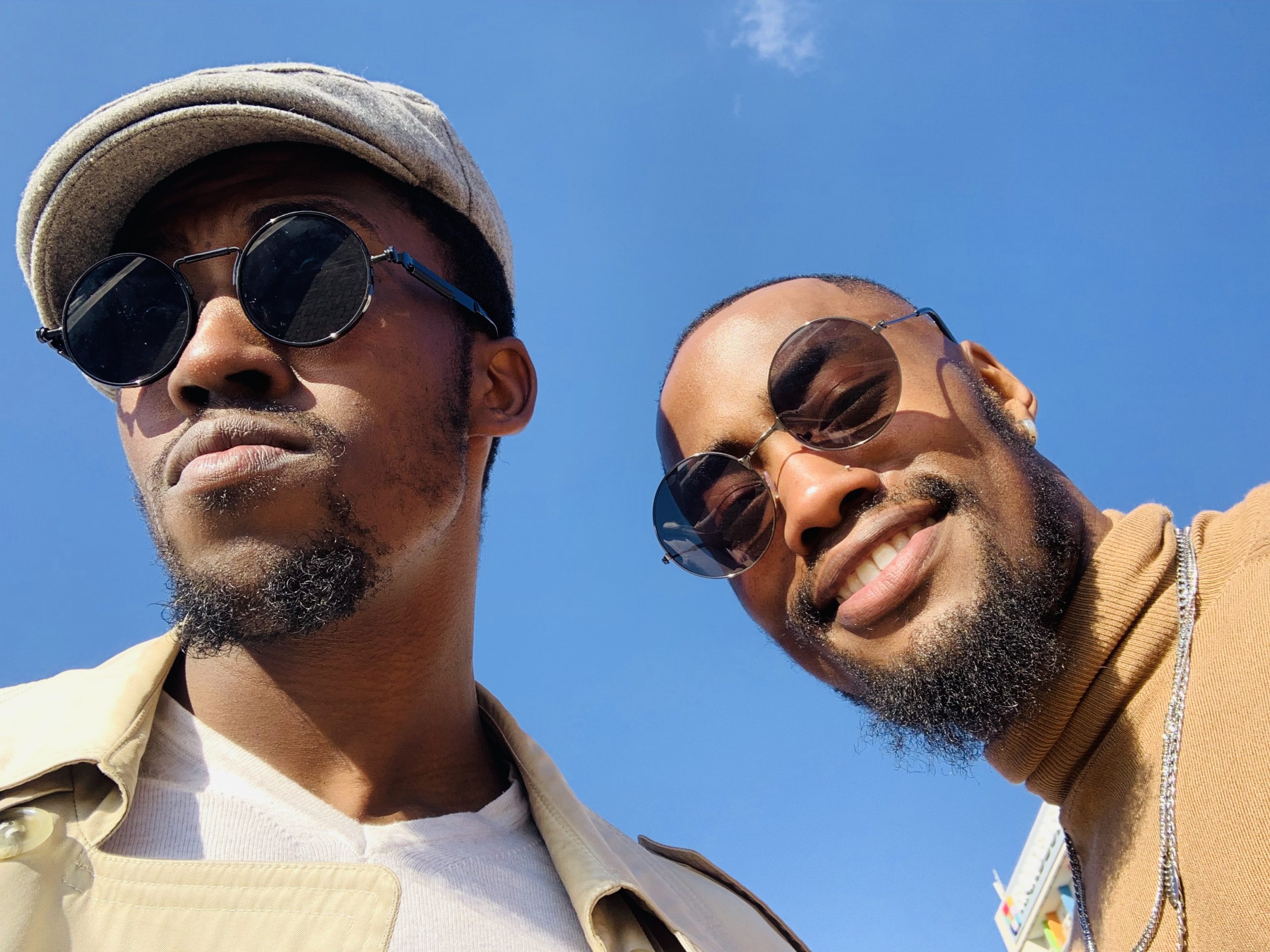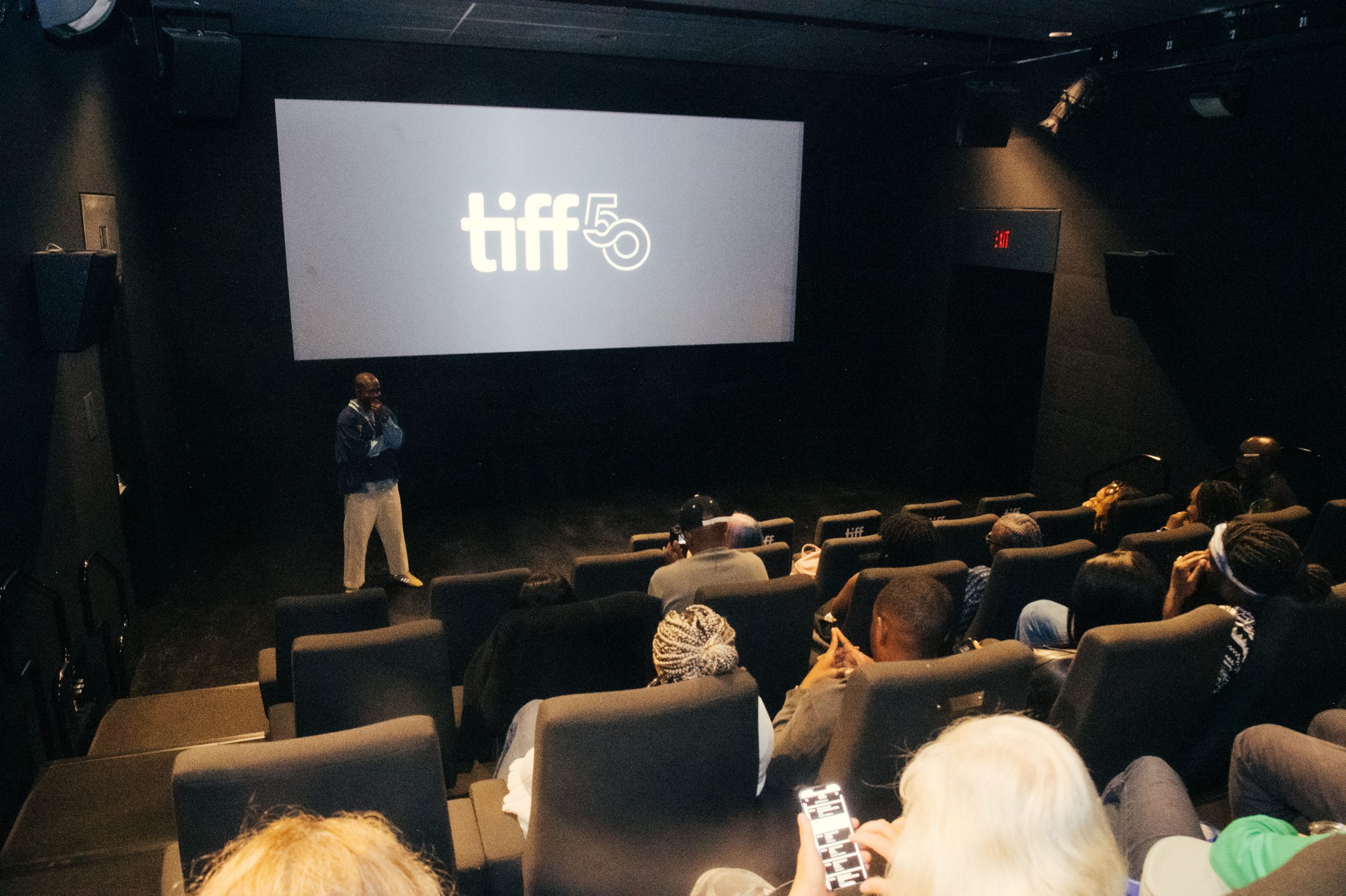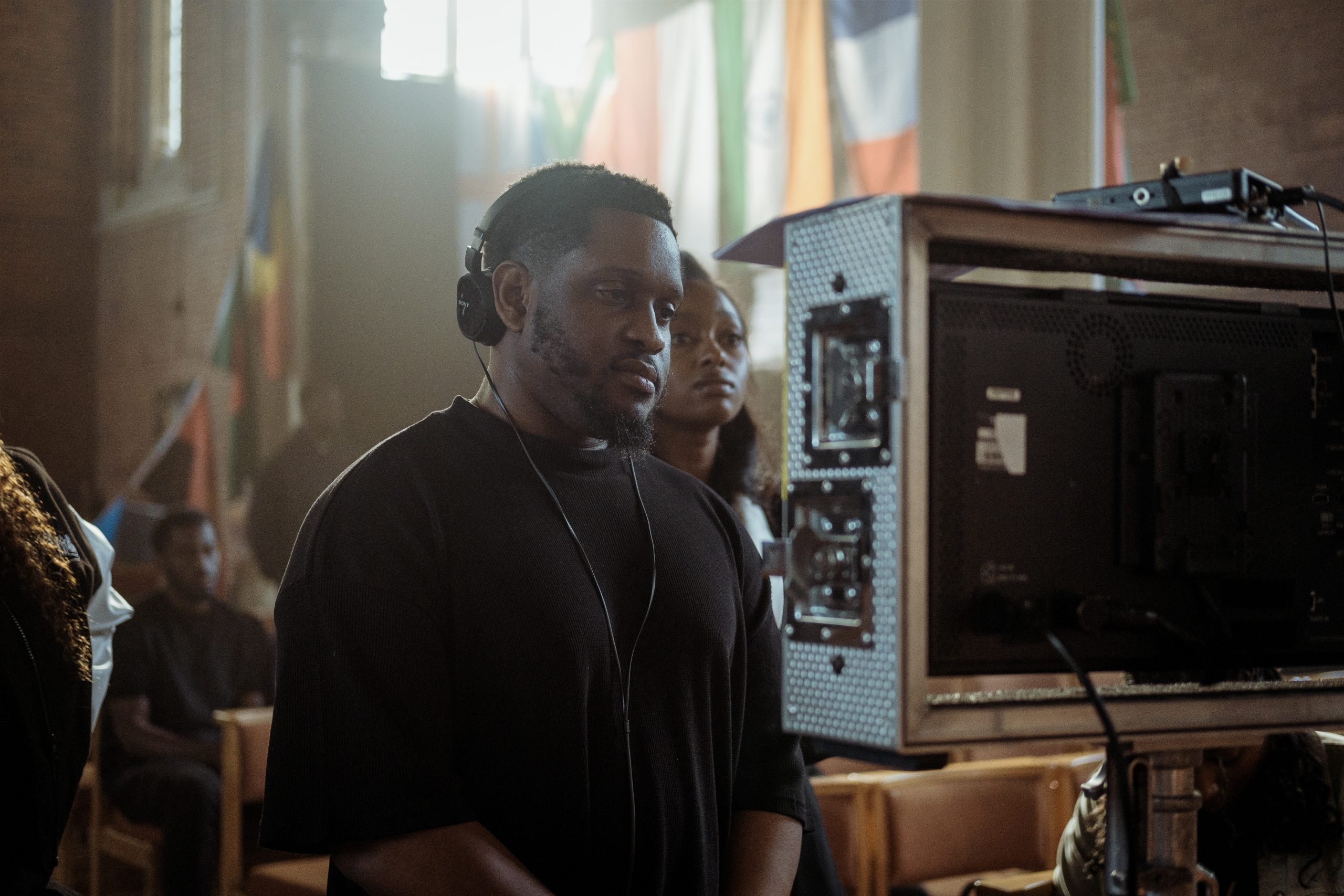Tell us a little about yourself...
I’m Shedrack Salami, a Nigerian documentary filmmaker, cinematographer, and visual artist. But before anything else, I’m an artist at heart. I wouldn’t be a filmmaker today without my art background.
My journey began in 2015 as a graphic artist while studying Sociology in the university. Over time, I transitioned into fine art, using the human body as a canvas to speak out on issues affecting the society, like gender based violence, drug abuse, body shaming, electoral malpractice and public health crises like COVID-19. I also created works that reflected movements like End SARS and the call for political restructuring in Nigeria.
In 2021, I fully embraced filmmaking and it felt like home. It gave me a new way to tell the stories I care about. Stories about resilience, cultural Identity, and what it means to survive and dream in Africa. In 2024, I became a StoryMi academy documentary fellow, supported by the French Embassy in Nigeria. Through that, I directed Beyond Olympic Glory, a film that strongly resonates with my commitment to amplify unheard voices. As a documentary filmmaker, my vision is to tell authentic, human centered stories that reflect societal realities exploring themes that challenge societal norms.
My other notable credits include Semblance Realism, which was nominated for the inaugural SmallRig Awards. Telemedicine: Bridging Healthcare Gaps in Nigeria (Director/Producer), I’ve also worked on films about LGBTQ+ community in Nigeria as well as African Traditional Religion.
Today, through my production company Xtrovarts Visual Studios, I work across documentaries, branded content and commercials for global clients. But no matter the project, my goal is the same, to tell honest, human stories that move people.

What inspired you to become a filmmaker, and how has your heritage influenced your work?
What really inspired me to become a documentary filmmaker started with my own struggles and dreams. Growing up, I lived in different parts of Nigeria from Kogi to Oyo, then Lagos, each place showed me different sides of life. I’ve seen people fight to survive, to become something and I could relate because I was living it too. That curiosity about people’s struggles and their lived experiences pushed me to start telling stories and address issues with the work I create.
I began with body art, using it to speak on social issues. I wanted to give voice to people who couldn’t speak up for themselves. Nigeria’s problems, police brutality, bad governance, gender violence aren’t just topics for me, they’re lived experiences, seen in my neighborhood, in the lives of people I know. I later started making documentaries, because they are factual and powerful for its immediacy and emotional connection. Through the work I create whether through film or art, I try to break social issues down so others can see, feel, and maybe understand better. Most importantly, to make people feel seen and to push for change in whatever way I can.
All of these are evident in my recent works, Beyond Olympic Glory, which follows the life of Cynthia Ogunsemilore, a young female boxer from the slums of Bariga. Among so many themes i tried to bring to light in the film, the film takes us through her personal journey, how she fights for her place in a male dominated sport, how she works twice as hard to prove herself, and how she carries the weight of showing the world that including the iRep International Documentary Film Festival and won Best Documentary at the Hollywood African Cinema Connection Festival in South Africa.

What challenges have you faced as a filmmaker of African origin, and how did you overcome them?
There are a lot, to be honest. Access is a big one, access to funding, access to platforms where your voice is taken seriously. Sometimes, you have the story and passion but you don’t have the budget or platform. I’ve had projects delayed, ignored or outright dismissed. But I’ve learned to keep creating anyway. I started producing with what I had, finding creative ways to shoot on tight budgets, collaborating with other passionate people and constantly learning.
Another big challenge is navigating the politics and gatekeeping within the industry, but personally, I never let this be an issue for me, I just focus on being consistent, building relationships, and letting my work speak.

What advice would you give to aspiring African filmmakers aiming to share their stories on a global stage?
Start with what you have. Your phone, your voice, your neighborhood. Trust me, these are enough to begin with. What you don’t want to do is wait for perfect conditions… you will wait forever and not do shit!
Sorry for the choice of words, but let’s be realistic here. Also, be true to your story. We don’t have to dilute our culture to be global. What makes us stand out is our originality and our perspective. There are lots of untold stories in Africa. You will stand out in any way you tell it, as long as you’re telling it right.Build a small circle of people who believe in what you’re doing, and create fearlessly. And when you make these films, don’t forget to enter festivals, apply for fellowships, put your work out there and talk about it. The world is watching, maybe not all at once but they’re watching. So keep showing up.






